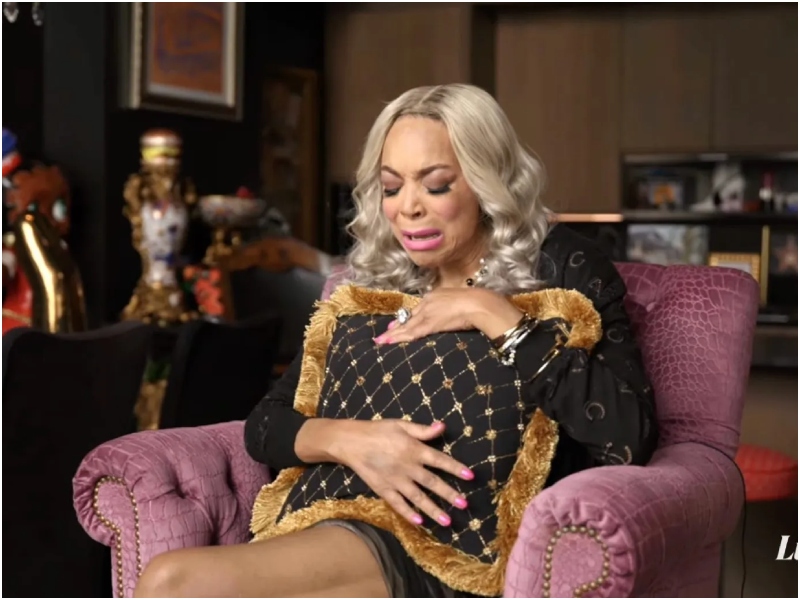Sabrina Morrissey, the legal guardian of former talk show host Wendy Williams, has filed a lawsuit against A&E Networks, accusing the company of exploiting Williams’ vulnerable condition in the production and release of the documentary Where Is Wendy Williams?.
The lawsuit, filed on behalf of Williams, claims that the network and its producers knowingly took advantage of her cognitive impairment and physical decline for financial gain.
According to legal documents obtained by the New York Post, Morrissey asserts that Wendy Williams was “severely impaired” at the time of filming and was incapable of consenting to appear in the documentary.
Despite her condition, A&E moved forward with the production and ultimately released the documentary, allegedly ignoring Williams’ objections.
The suit further alleges that the network sought to “humiliate and exploit” Williams for profit, leveraging her health struggles to sensationalize the content.
Morrissey’s complaint also highlights that while A&E profited significantly from the documentary, Williams was underpaid for her involvement, receiving only $82,000 while the network reportedly earned millions.
As a result, the lawsuit demands that A&E Networks provide financial compensation to cover Wendy Williams’ lifelong medical care and supervision.
The complaint accuses the media companies involved of acting in a “brutally calculated and deliberate” manner, describing their actions as a “cruel” exploitation of Williams, an acclaimed African-American entertainer who has become legally incapacitated due to dementia.
Morrissey argues that the network prioritized its financial gain over Williams’ well-being, in a manner that “shocks the conscience.”
This case highlights significant legal questions surrounding the ethics of documentary filmmaking, particularly when it involves individuals with cognitive impairments.
It also underscores the responsibilities media companies bear in safeguarding vulnerable subjects from exploitation.

